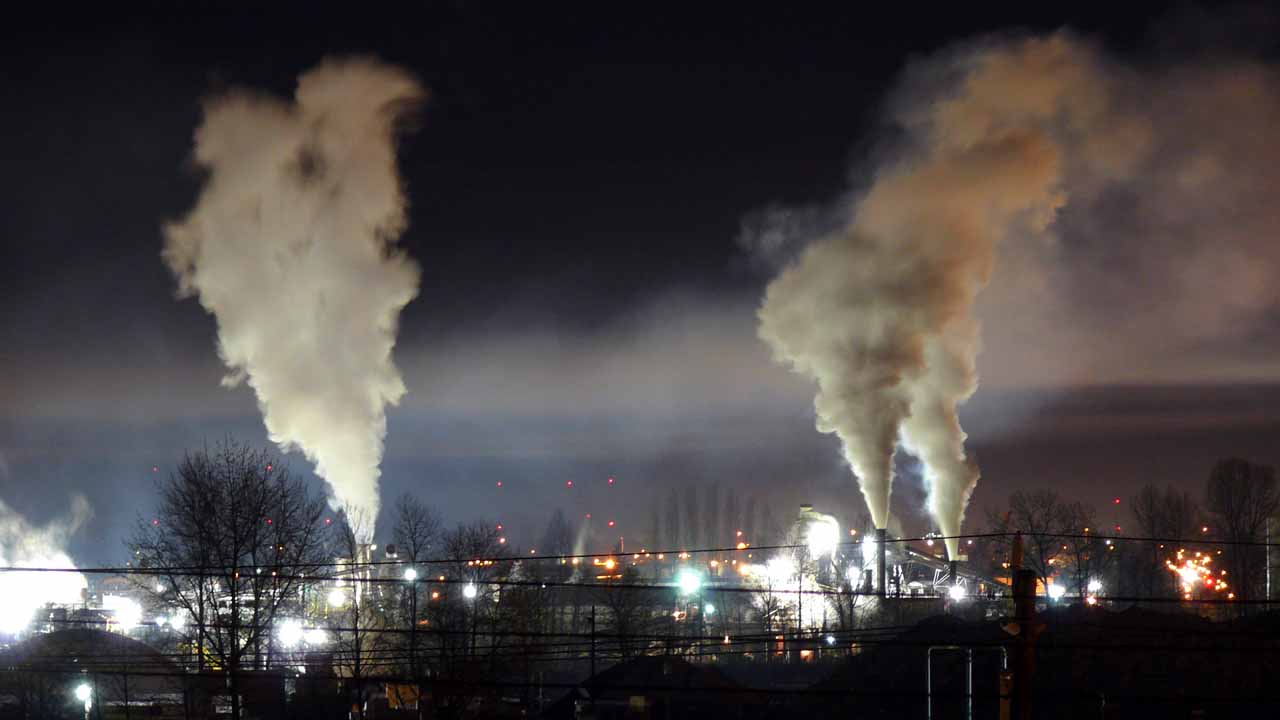Minister of State for Environment, Forest and Climate Change, Ashwini Kumar Choubey, in a written reply to a question in Lok Sabha informed that the Commission for Air Quality Management (CAQM) in NCR and adjoining areas has notified a list of approved fuels to be used by industries in NCR.
Of a total of about 7,760 fuel-based industries presently operating in NCR, 4,082 industries have opted for running their operations with PNG and the balance are now running on biomass based fuels and fuels other than PNG including coal. Only about 320 industrial units across entire NCR have temporarily ceased their operations on their own, beyond December 31, 2022, until they also migrate to cleaner fuels as per the approved fuel list.
With a view to reduce air pollution in the Delhi-NCR region, shifting of industrial and commercial applications to cleaner mode of fuels like PNG has been a priority of the central government and state government in the NCR, said the minister.
Coal being the most heavily polluting fuel, it been decided to phase out its use from entire NCR in industrial, domestic and miscellaneous applications (barring use of low sulphur coal only in thermal power plants), towards aiming for an overall improved air quality in the region.
Accordingly, CAQM in NCR and adjoining areas has finalised a policy to curb ‘air pollution menace occurring every year in Delhi and National Capital Region’. The policy contains approved fuel list for the Delhi-NCR whereby heavily polluting fossil fuels like coal etc., have been proposed to be banned with effect from January 1, 2023, in the entire NCR.
The government has launched National Clean Air Programme (NCAP) as a long-term, time-bound programme to reduce air pollution in a comprehensive manner with target to achieve up to 40% reduction in PM10 concentration level by the year 2025-2026 with respect to baseline of 2017-18.
City specific clean air action plans under NCAP have been prepared and rolled out for implementation in these 131 non-attainment and million plus cities by the concerned stakeholders including state governments. The specific clean air action plans target the city-specific air polluting sources such as vehicular emission, road dust, biomass, crop, garbage, MSW burning, construction activities, industrial emission and other city specific sources etc.


























